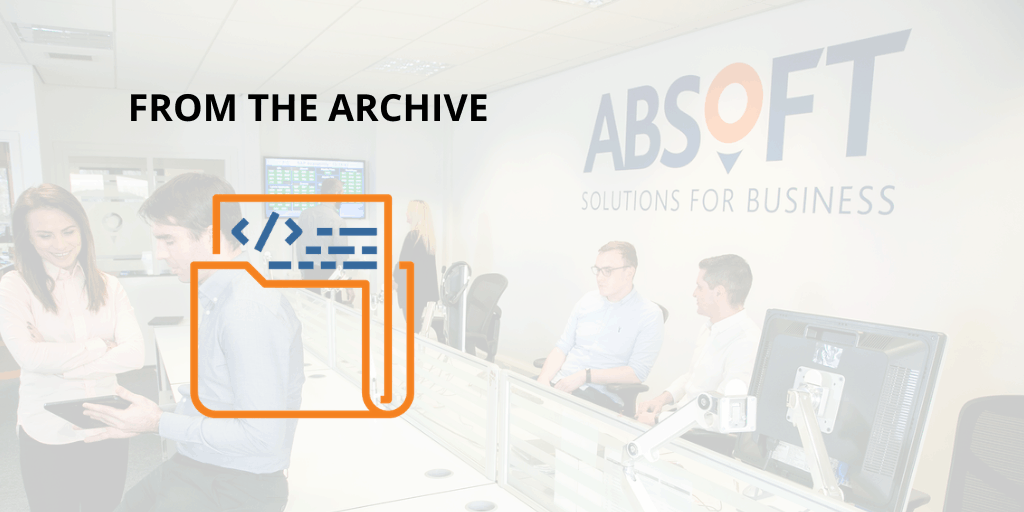Effective competency management – ensuring staff possess the right skills, experience and professional qualities to perform their work consistently and to a required standard – is becoming increasingly important to oil and gas sector businesses.
At a basic level, organisations have to ensure that workers meet competency requirements in order to comply with health and safety regulations. Further, competency generally forms a major part of service level agreements between operators and service suppliers. Failure to meet such requirements can result in financial penalties or even the loss of a contract.
From a strategic perspective, managing and developing competency effectively – particularly on a long-term basis – is a pre-requisite for maximising the use of an organisation’s workforce. Research has confirmed the direct link between investment in effective competency development programmes and increases in productivity and profitability. In today’s ultra-competitive market this is a fact that simply can’t be ignored.
It’s a cliché to talk about people being the most important asset of a business, but it’s nonetheless true. Companies that don’t invest in their people, never mind try to capture the extent and value of that investment, are failing themselves.
So what options are open to businesses to manage this issue? They can respond in a variety of ways – and increasingly are turning to software solutions to help them make more effective use of their workforces.
The range of human resources-related packages available in the marketplace today is immense. Highly-sophisticated tools facilitate the process of employee recruitment as well as development and performance management. Others help to streamline and speed up essential activities relating to administration, payroll, time management and legal reporting.
Software packages for human capital management (HCM) – an all-encompassing term for everything, including competency, associated with strategic investment in a company’s people – have traditionally been viewed as rigid, complicated and expensive to implement and support, particularly by smaller organisations. But they can deliver huge benefits and quickly provide a return on the initial investment in implementation. Further, the scalability of these solutions makes them accessible to small and mid-sized companies as well as larger ones.
These types of solutions tend to be rich in functionality and highly integrated with other functions such as finance. In oil and gas, this integrated approach to HCM is slowly gaining ground, but there is still plenty of progress to be made. Many of the service companies that have traditionally focused on one province are now expanding their global operations and have historically managed these using a number of separate HR software packages. These have often multiplied as a result of mergers and acquisitions. These multiple systems invariably have functionality and integration issues, resulting in silos of HR information, process inefficiencies and high system maintenance costs.
Competency in particular seems to be an area that has been neglected. Typically, organisations use different systems to record training and skills assessment information. Operational staff frequently have to resort to labour-intensive manual processes to consolidate data from multiple sources such as spreadsheets and standalone bespoke or packaged HR systems in order to plan resources for tenders and new projects. Needless to say, this approach makes for significant inefficiencies and seriously impedes an organisation’s ability to maximise the use of its people.
So what exactly do oil and gas sector businesses need to achieve excellence in competency management? The requirements fall into essentially four categories:
- Information integration -a single, integrated source of qualitative competency information for all individuals, incorporating details of qualifications / certifications obtained, combined with independent skills assessments or performance ratings.
- Powerful analysis, reporting and planning tools –enabling users to access past, present and future resource and competency profiles, based on any individual employee or grouping – right up to a cross-organisation, regional or global view.
- Automation and productivity enhancements – incorporatingfeatures and functions to enable operational staff to cut significantly the time they spend organising staff at the sharp end of the business.
- Integrated career management and succession planning – effectivelyan extension of competency management, focusing on the longer term and marrying competency, training plans and employee aspirations to deliver a people development ‘roadmap’ for the future.
To compete effectively on a global scale and manage an increasingly dispersed global workforce, indigenous service providers could benefit substantially from an integrated, global HCM system – with competency development and management at its core – that allows them to manage and monitor all of their workforce processes, both at a local and central level.
Some global operators have an integrated business system already, and are continuing to roll out their systems to their UK and other regional operations to achieve better integration and efficiencies.
There are also companies that have already implemented a single HCM system, but find their particular software inadequate or difficult and costly to manage and support on a global scale. Others have more mature and effective global HCM systems and are now looking at the next stage of HCM development and more advanced functionality.
Outsourcing solutions are also growing in popularity as companies recognise that many basic business processes can be handled by suppliers, leaving them to concentrate on core operations.
The technology is definitely there – in various forms – to support oil and gas companies of all shapes and sizes to establish successful HCM strategies, to help them compete on the global stage. As HR departments continue their transformation from traditional, administrative ‘cost centres’ into high-value business functions, the clear winners will be those that harness technology effectively to meet the needs of their organisations and enable HCM – and particularly competency management – to play an increasingly key role in influencing business strategy.







